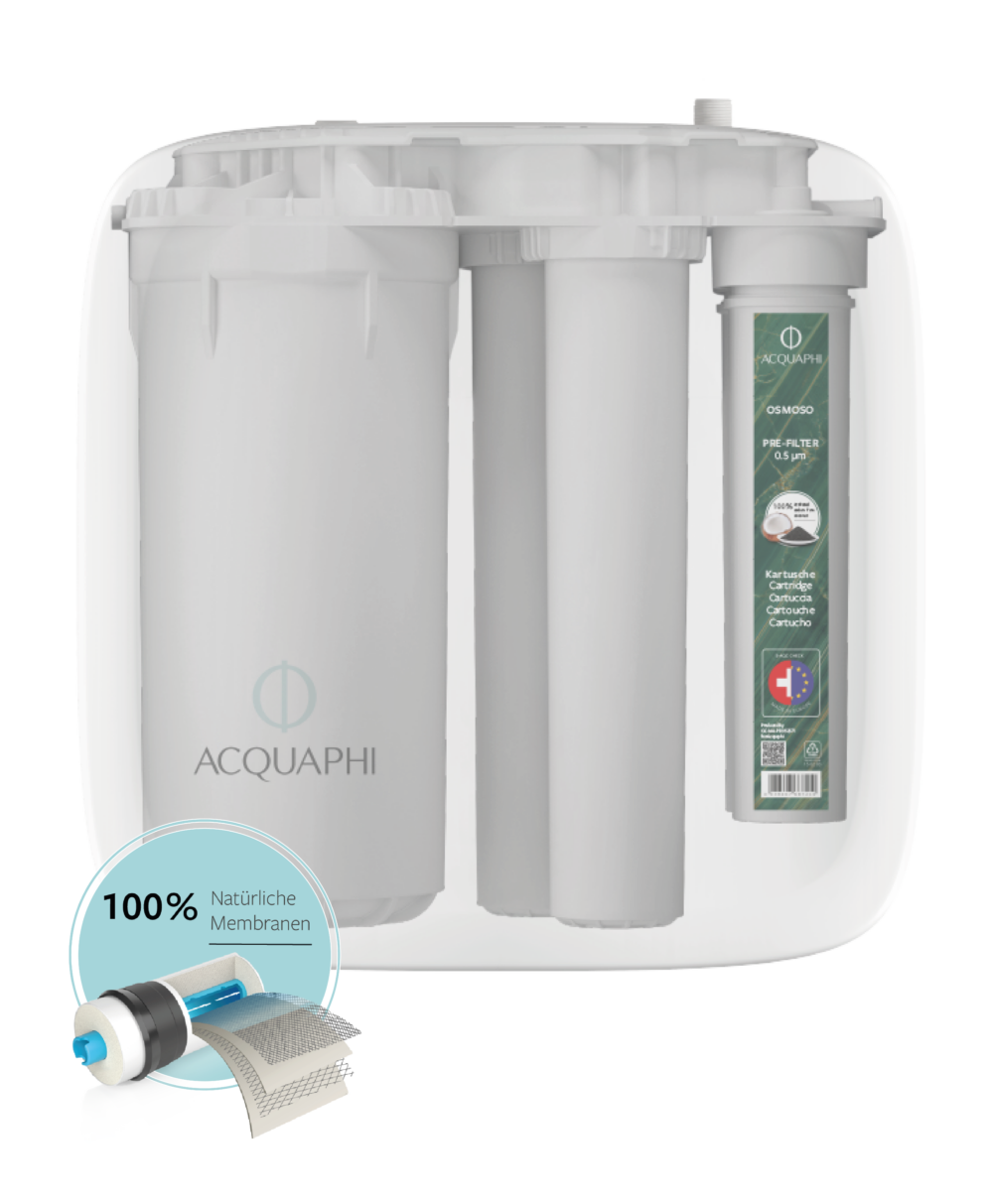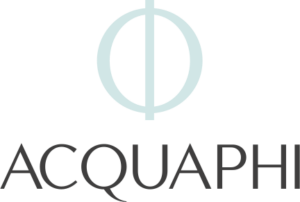Lead
Lead is a naturally occurring metal that can affect the nervous system, damage the kidneys and damage red blood cells and bloodstream walls.
Sources of exposure
Lead is a naturally occurring element that occurs in rather small quantities in the earth's crust. Compared to other metals, it is heavy, but it is rather soft, malleable and has a low melting point. In its pure state, lead is bluish-white, but when exposed to our atmosphere it takes on a dull grey colour. Lead is a toxic metal that is harmful to human health; there is NO safe level of lead exposure. The extent of exposure depends on the concentration of lead, the route of exposure (air, water, food), the current health status and the age of the person. Unlike other pollutants, lead can bioaccumulate in the food chain and in humans. Lead is used in a variety of products, such as petrol, paints, plumbing pipes, ceramics, solder, batteries and even cosmetics.
Lead can get into drinking water when a chemical reaction takes place in pipes containing lead. This reaction is called corrosion, which is the dissolution or wearing away of metal in pipes and fittings. This reaction is more serious if the water has a high acidity or low mineral content. How much lead gets into the water depends on the following factors:
- the acidity or alkalinity of the water,
- the type and amount of minerals in the water,
- the amount of lead the water comes into contact with,
- the temperature of the water,
- the degree of wear and tear on the pipes,
- how long the water stays in the pipes, and
- the presence of protective scales or coatings in the pipes.
You cannot see, taste or smell lead in drinking water. The best way to find out about the risk of lead exposure in drinking water is to identify the potential sources of lead in the supply pipe and in household plumbing.
Possible effects on health
Even low lead concentrations in children's blood can lead to problems:
- Behavioural problems and learning difficulties
- Lower IQ and hyperactivity
- Slower growth
- Hearing problems
- Anaemia
- In rare cases, lead ingestion can lead to seizures, coma and even death.
Lead can also have serious effects on the mother and the developing foetus, including:
- Decreased growth of the fetus
- Premature birth
In addition, lead is harmful to adults. Adults exposed to lead may suffer from:
- Cardiovascular effects, increased blood pressure and occurrence of hypertension.
- Weakened kidney function
- Reproductive problems (both in men and women)
The EPA has set the level of contaminants in drinking water at which no adverse health effects are expected with a reasonable margin of safety. These unenforceable health goals, based only on potential health risks, are called maximum contaminant level goals (MCLGs). The EPA has set the limit for lead in drinking water at zero because lead is a toxic metal that can harm human health even at low levels of exposure. Lead is persistent and can accumulate in the body over time.
Young children, infants and foetuses are particularly vulnerable to lead because the physical and behavioural effects of lead occur at lower levels of exposure in children than in adults. A dose of lead that would have little effect in an adult may have significant effects in a child. In children, low levels of lead exposure have been associated with central and peripheral nervous system damage, learning disabilities, shorter stature, hearing impairment and impaired blood cell formation and function.
It is important to recognise all the ways a child can come into contact with lead. Children are exposed to lead in paint, dust, soil, air and food, as well as in drinking water. If the level of lead in a child's blood meets or exceeds the CDC limit of 5 micrograms per decilitre, it may be due to lead exposure from a combination of sources. The EPA estimates that drinking water can account for 20 per cent or more of a person's total lead exposure. For infants consuming primarily mixed infant formula, 40 to 60 per cent of lead exposure may come from drinking water.
Pregnant women
Lead can accumulate in our bodies over time, where it is stored in the bones along with calcium. During pregnancy, lead is released from the bones as maternal calcium and is used to form the bones of the foetus. This is especially true if a woman does not get enough calcium in her diet. Lead can also cross the placental barrier and expose the foetus to lead. This can have serious consequences for the mother and the developing foetus, including:
- Reduced growth of the foetus
- Premature birth
Adults
Lead is also harmful to adults. Adults exposed to lead may suffer:
- Cardiovascular effects, increased blood pressure and occurrence of hypertension.
- Weakened kidney function
- Reproductive problems (both in men and women)
Sources:
https://apexwaterfilters.com/top-6-water-filters-to-remove-lead-from-water/
https://www.niehs.nih.gov/health/topics/agents/lead/index.cfm
https://www.knowyourh2o.com/indoor-6/lead
https://www.epa.gov/ground-water-and-drinking-water/basic-information-about-lead-drinking-water
https://www.cdc.gov/nceh/lead/prevention/sources/water.htm


